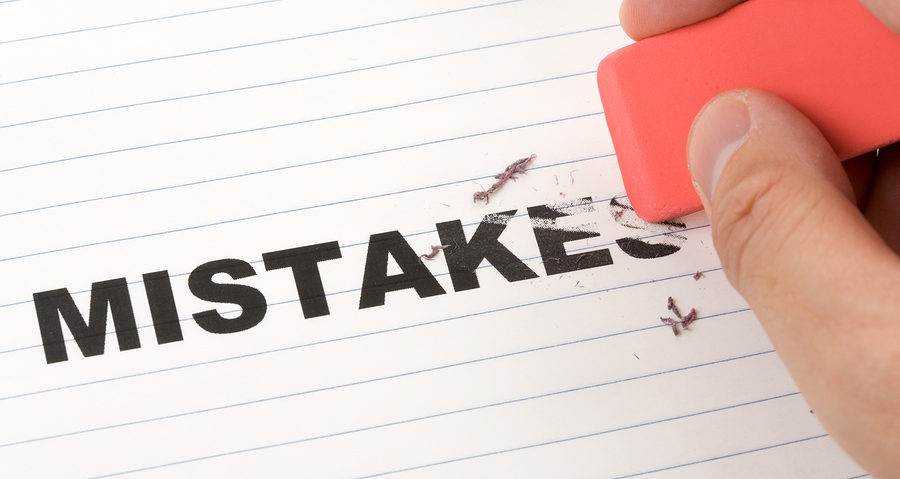Anyone with an arrest or criminal record can expect a few road blocks along the road of life. This is especially relevant to applying for a job, promotion, professional license, loan, or a residence to rent. Landlords, supervisors, and managers commonly inquire about criminal histories to better understand the applicant and their capacity to either perform well on the job, pay back a loan, or responsibly take care of a home. If a person has a criminal record that is incorrect or misleading, it can really damage their personal and public quality of life. Fortunately, a new law has passed that allow changes to be made to criminal records, especially in the case that a record is inaccurate.
Continue reading to learn how criminal record expungement can help fix mistakes that are on your personal criminal record in Indiana.

Sealing Criminal Records for Adults
Criminal record expungement refers to the process in which a person hides or seals their past criminal convictions and arrests from public access. This means if a landlord or potential employer asks if you’ve been arrested and convicted of a crime, you can legally say no. There are several details and stipulations that are involved with the expungement process, which is why a lawyer is highly recommended.
Not everyone is eligible for expungement so it is important to outsource professional legal assistance to facilitate the process exactly the way it should. If a person qualifies for expungement but makes a single mistake during the filing process, they lose out on dealing their records and cannot ever file again. You only get one chance to seal adult criminal records.
Eligibility Requirements
When it comes to criminal record expungement, there are rules and requirements that a person must have. For example, depending on the type of charges, a person must wait at least five years from the date of conviction to even think about filing for record expungement. For more serious crimes, a person must wait at least 8 to 10 years from the date of arrest.
Also, not all records are eligible for expungement; such as kidnapping, rape, murder, etc. It is important to hire a qualified and licensed attorney that specializes in criminal record expungement services. Because this law is new, there are many novice expungement services available; but be sure to choose a reputable law firm that genuinely understands the law and everything it entails.
Where to Get Expungement Help in Indianapolis?
Call The Law Firm of Attorney David E. Lewis at 317-636-7514 to get started on the Indiana criminal record expungement application process. We offer professional criminal record expungement services starting as low as $850! As a seasoned criminal defense law firm, we are well-versed in the Indiana expungement laws, and know exactly how to file and obtain a legal expungement, successfully. Call our office at 317-636-7514 and schedule a free initial consultation to determine your eligibility, today.





